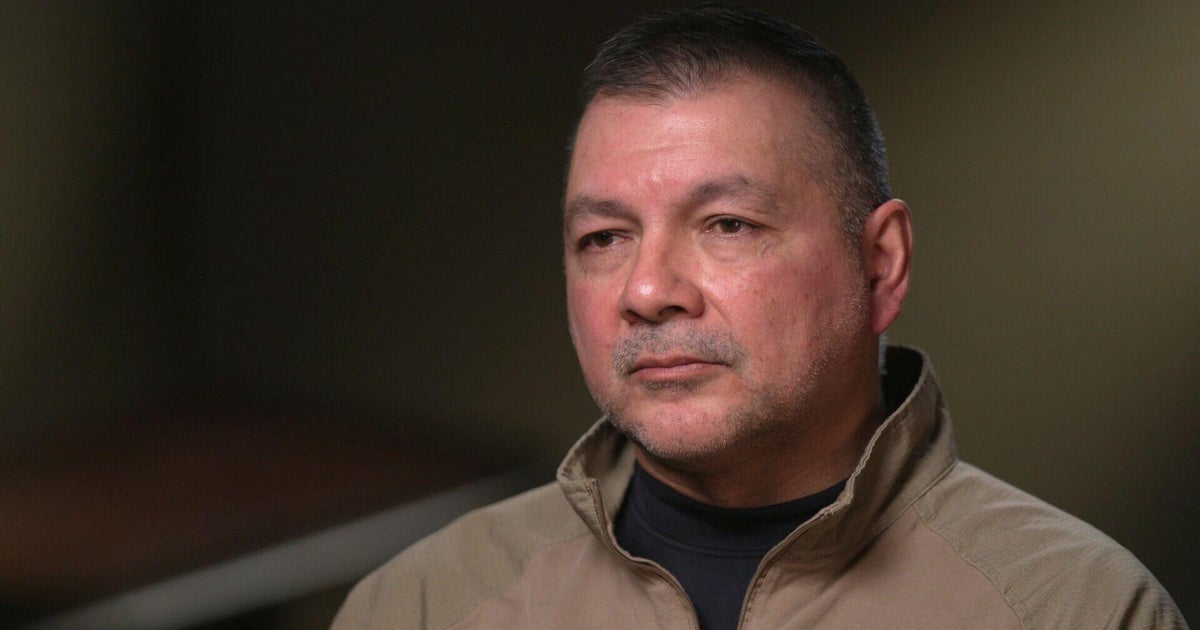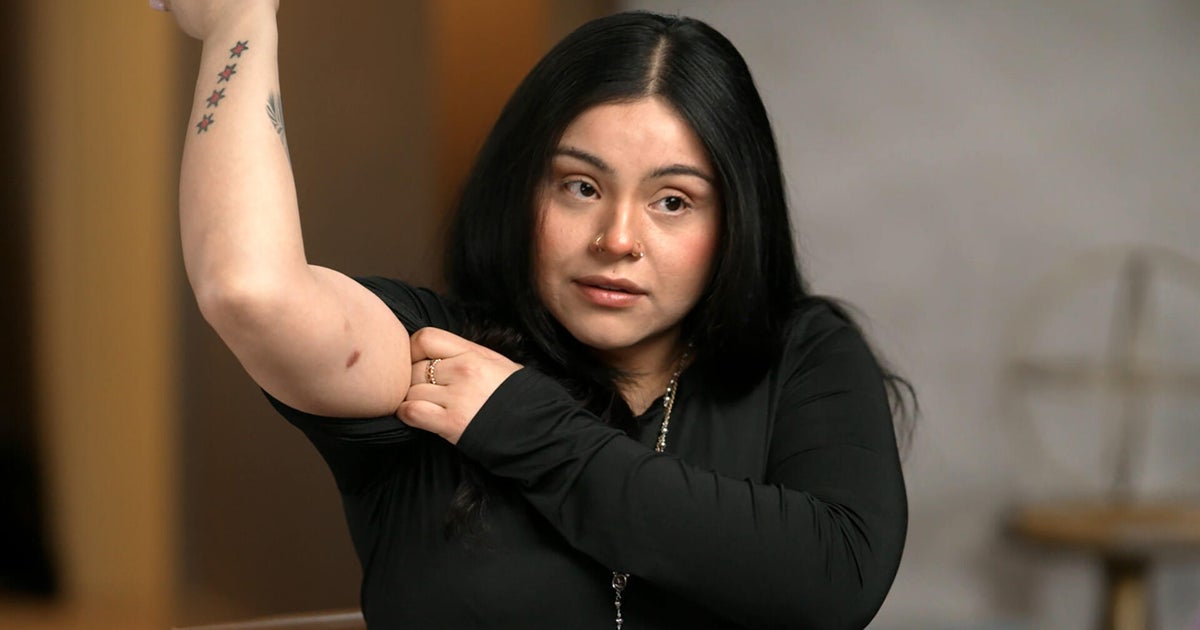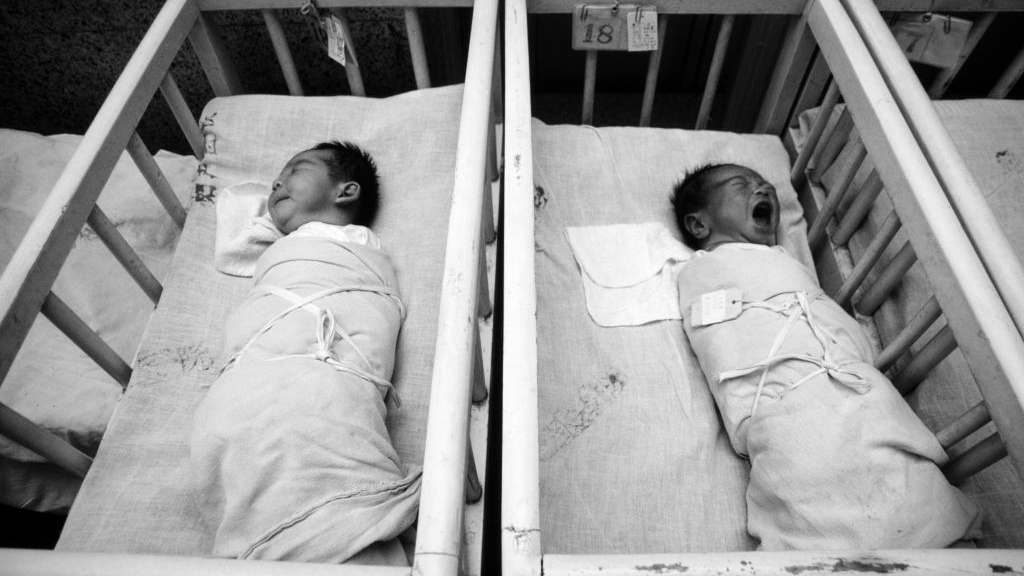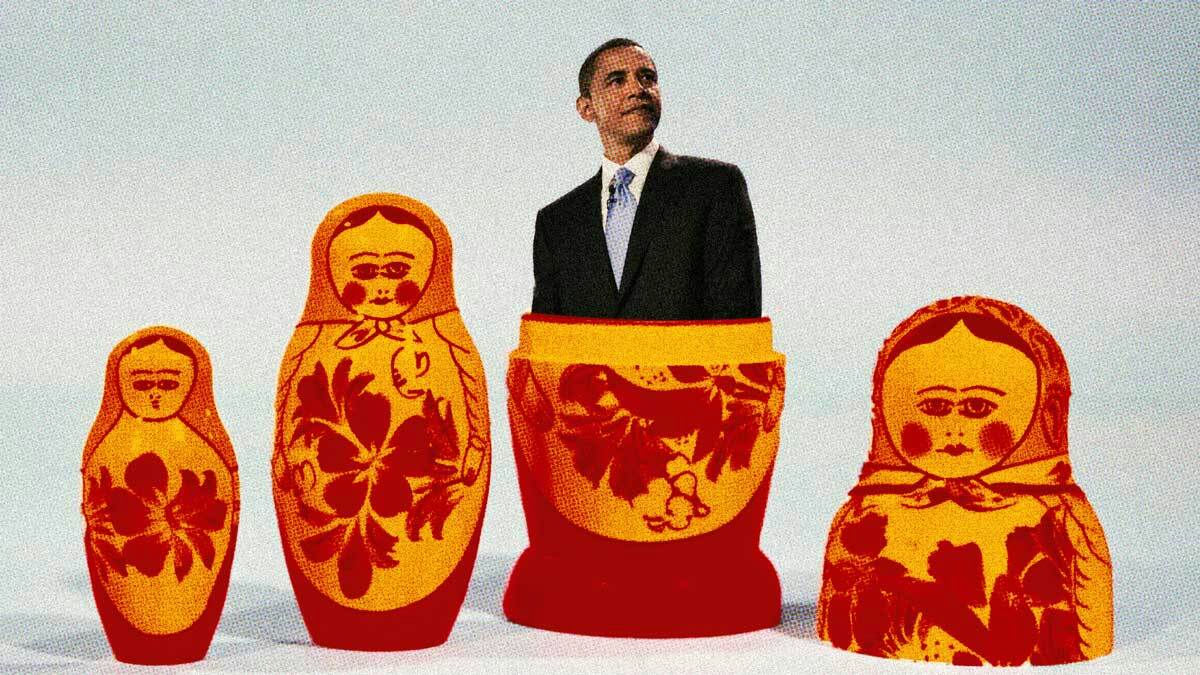Foreign adversary was likely behind Havana Syndrome, House Intelligence leaders say
The House Permanent Select Committee on Intelligence said in an unclassified report released Thursday that it "appears increasingly likely that a foreign adversary is behind some cases of what officials refer to as "anomalous health incidents" – mysterious illnesses suffered by U.S. national security officials.
The House Intelligence Committee concluded in the report that an intelligence community assessment from 2023 of anomalous health incidents (AHI), commonly called Havana Syndrome, "lacked analytic integrity and was highly irregular in its formulation."
That 2023 report by the Office of the Director of National Intelligence had deemed it "very unlikely" that a foreign adversary was behind the mysterious injuries, though it did acknowledge that some intelligence agencies had only "low" or "moderate" confidence in that conclusion. Until now that has been the government's leading assessment of what's behind the Havana Syndrome.
Thursday's report also accused the intelligence community of interfering with the House Intelligence Committee's ongoing investigation.
"Sadly, the [intelligence community] has actively attempted to impede our investigation, but we have nonetheless been able to gather significant evidence, and I have reason to believe that its claims of environmental or social factors explaining AHIs are false," said Rep. Rick Crawford, the chairman of the Subcommittee on the Central Intelligence Agency, who led the investigation.
What is Havana Syndrome?
A total of 334 American officials have qualified for AHI care in the military health system as of January 2024, according to Thursday's report. They have symptoms that scientists say could be caused by a beam of microwaves or acoustic ultrasound. White House staff, CIA officers, FBI agents, and military officers and their families are among those who say they were wounded by a secret weapon.
A March 31 60 Minutes report on Havana Syndrome, based on a five-year investigation, revealed new evidence of a potential Russian nexus tied to mysterious illnesses suffered by U.S. national security officials.
Calls for a new Intelligence Community Assessment
After the 60 Minutes report in March, a bipartisan group of lawmakers sent a letter to President Biden calling for a "renewed assessment by the U.S. government" of what officials call "anomalous health incidents."
In the unclassified report released Thursday, House officials called for the Intelligence Community to release a new report on anomalous health incidents.
"The Subcommittee is aware that the IC (intelligence community) continues to withhold valuable information from the Subcommittee," House leaders wrote. "For this reason, a final unclassified report cannot be issued at this time. In addition, the Subcommittee plans to issue a classified report that explains why the Subcommittee finds the conclusions reached in the ICA (intelligence community assessment) dubious at best, and misleading at worst."
The House Permanent Select Committee on Intelligence's investigation
The House Permanent Select Committee on Intelligence said it conducted 48 interviews of current and former members of the CIA, FBI, ODNI, Defense Intelligence Agency and the U.S. military, as well as interviews of non-government officials. Committee members reviewed more than 7,500 pages of official records and more than 3,400 pages of records provided by whistleblowers.
Based on their review, committee members said they believe the intelligence community was involved in "stonewalling, slow-walking, and cherry-picking of information" in its Havana Syndrome investigation.
"The Biden Administration and IC (intelligence community) leadership has sought to hinder the Subcommittee's investigation into AHIs to keep the truth about AHIs from Congress and, by extension, the American public," committee members wrote in Thursday's report. "This is unacceptable."
The Office of the Director of National Intelligence said it disagreed with many of the Committee's interim findings. An ODNI spokeswoman said, "Most IC agencies assess that it is very unlikely a foreign adversary is responsible for the reported AHIs, and the assertion that we are withholding information that contradicts this analysis or would otherwise illuminate this complex subject is unfounded."
Marc Polymeropoulos, a former senior CIA operations officer who was injured in Moscow in December 2017, spoke out about the Thursday report.
"The report indicates to me that not only was there incompetence on the part of CIA, but also willful malfeasance," Polymeropoulos said.
He was the first CIA officer to go public about his experience.
"They failed to properly investigate the attacks, then cooked the books analytically, while also launching a campaign to belittle the victims as well, denying them medical care. In totality, this ultimately is a staggering betrayal of the CIA's own people. That is very hard to stomach, from an organization that I dedicated my life to. This report seems to open the door for Congress to fully investigate what looks like a truly historic scandal at CIA. I am both angry, but also feel vindicated, in what has been a very long seven year battle," Polymeropoulos told 60 Minutes.
The 60 Minutes Havana Syndrome investigation
Greg Edgreen, a now-retired Army lieutenant colonel who ran the Pentagon investigation into anomalous health incidents, previously told 60 Minutes that the bar for proof was set impossibly high. He said it was set so high because the country didn't want to face hard truths, like the existence of possible failures to protect Americans.
After speaking with 60 Minutes, Edgreen testified before the House Subcommittee on Counterterrorism, Law Enforcement, and Intelligence.






